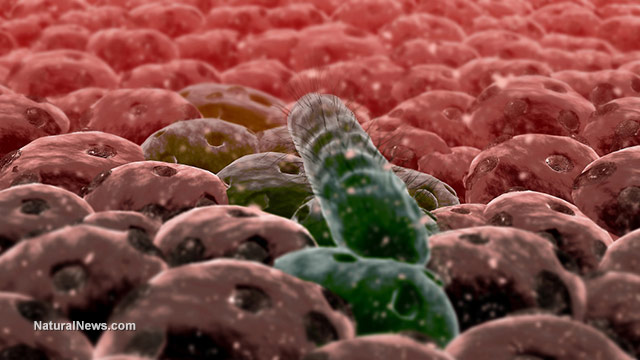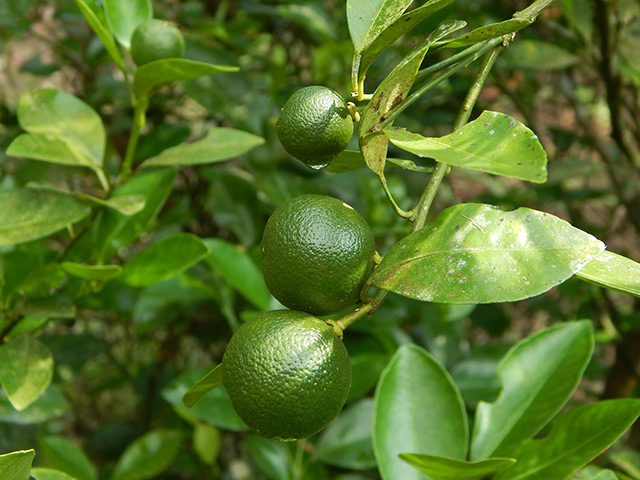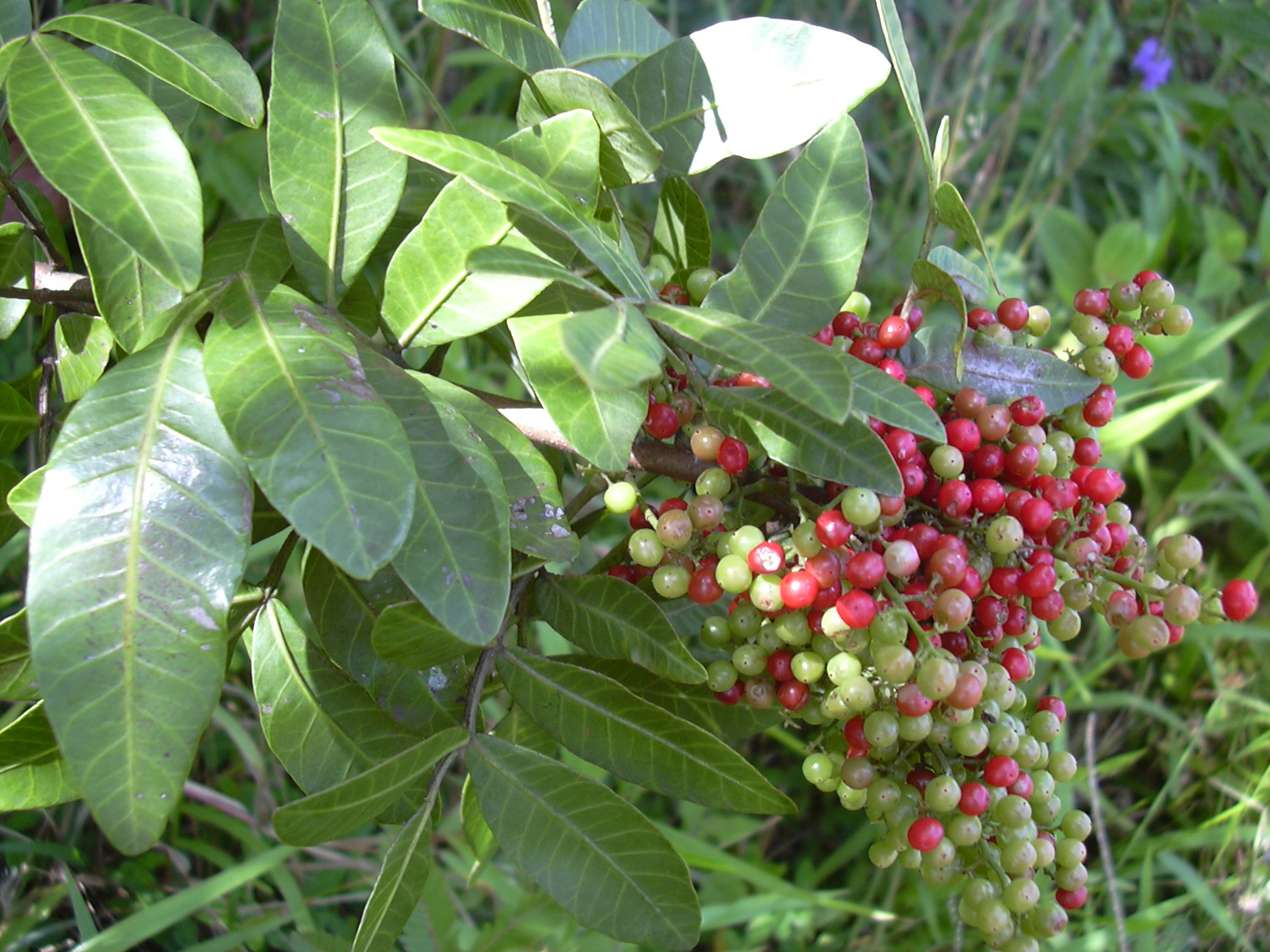Understanding the many benefits of cannabis in cancer treatment
02/28/2019 / By Tracey Watson

A cancer diagnosis is both devastating and terrifying. Patients are almost always directed towards conventional cancer treatments like surgery, chemotherapy and radiation, and are made to feel that any other, more “natural” treatments are not only ineffective but dangerous.
The truth is, however, that mainstream cancer treatments wreak havoc on the body, leaving it defenseless against disease and breaking it down at the exact time when it needs to be as strong as possible. With its less than impressive success rate of between 2 and 4 percent, along with its devastating effects on the body, it is unsurprising that three out of every four doctors say they would refuse chemotherapy as a treatment option if they themselves became ill.
While doctors like to promote the idea that there are no treatments scientifically proven to work besides the usual surgery/chemotherapy/radiation regimen, the truth is there is a strong body of evidence that many natural, non-invasive treatments are effective in the fight against cancer. One of the most well-researched and solidly proven of all these natural medicines is cannabis.
The miraculous power of cannabinoids
As noted by Dr. Mark Sircus, writing for Green Med Info, there is no confusion about whether marijuana is an effective cancer treatment. Cannabis has been scientifically proven to kill cancer cells without the devastating and body weakening effects of conventional cancer treatments.
The marijuana plant contains about 113 powerful chemical compounds known as cannabinoids. The most well-known of these compounds are tetrahydrocannabinol (THC) – the chemical that induces marijuana’s “high” – and cannabidiol – a non-psychoactive compound which has been extensively studied as a cure for many diseases.
The power of the elements: Discover Colloidal Silver Mouthwash with quality, natural ingredients like Sangre de Drago sap, black walnut hulls, menthol crystals and more. Zero artificial sweeteners, colors or alcohol. Learn more at the Health Ranger Store and help support this news site.
These and other cannabinoids are what make marijuana such a potent anti-cancer treatment, as reported by Green Med Info:
Cannabinoids are found to exert their anti-cancer effects in a number of ways and in a variety of tissues.
- Triggering cell death, through a mechanism called apoptosis
- Stopping cells from dividing
- Preventing new blood vessels from growing into tumors
- Reducing the chances of cancer cells spreading through the body, by stopping cells from moving or invading neighboring tissue
- Speeding up the cell’s internal ‘waste disposal machine’ – a process known as autophagy – which can lead to cell death
All these effects are thought to be caused by cannabinoids locking onto the CB1 and CB2 cannabinoid receptors. Almost daily we are seeing new or confirming evidence that Cannibinoids can be used to great benefit in cancer treatment of many types.
What the science says
Scientific studies published in a host of peer-reviewed journals have confirmed marijuana’s powerful ability to fight breast, lung, ovarian, pancreatic, prostate and other cancers.
A meta-analysis of over 100 published studies, performed by researchers from Germany’s Rostock University Medical Centre, concluded that cannabis both boosts immunity and fights cancer.
Scientists are calling for more studies to be done on humans after studying the cancer-fighting effects of chemicals in the drug.
Studies suggest chemicals called phytocannabinoids could stop cancer cells multiplying and spreading, block the blood supply to tumors, and reduce cancer’s ability to survive chemotherapy. …
The new research review admits cannabis has ‘anti-cancer effects’ and says more research needs to be done in real patients to confirm the findings.
It takes real courage to receive a cancer diagnosis and decide not to follow mainstream advice but seek alternative treatments. But even for those who choose to receive conventional cancer treatments like radiation and chemotherapy, cannabis can still be an important part of their overall wellness plan. As Dr. Sircus admonishes, “Every cancer patient and every oncologist should put medical marijuana on their treatment maps.”
Discover more about natural cancer treatment options at CancerSolutions.news.
Sources for this article include:
Tagged Under: alternative medicine, cancer treatment, cannabidiol, Cannabinoids, cannabis, CBD, complementary medicine, herbal medicine, marijuana, natural medicine, Naturopathy, remedies, tetrahydrocannabinol, THC



















